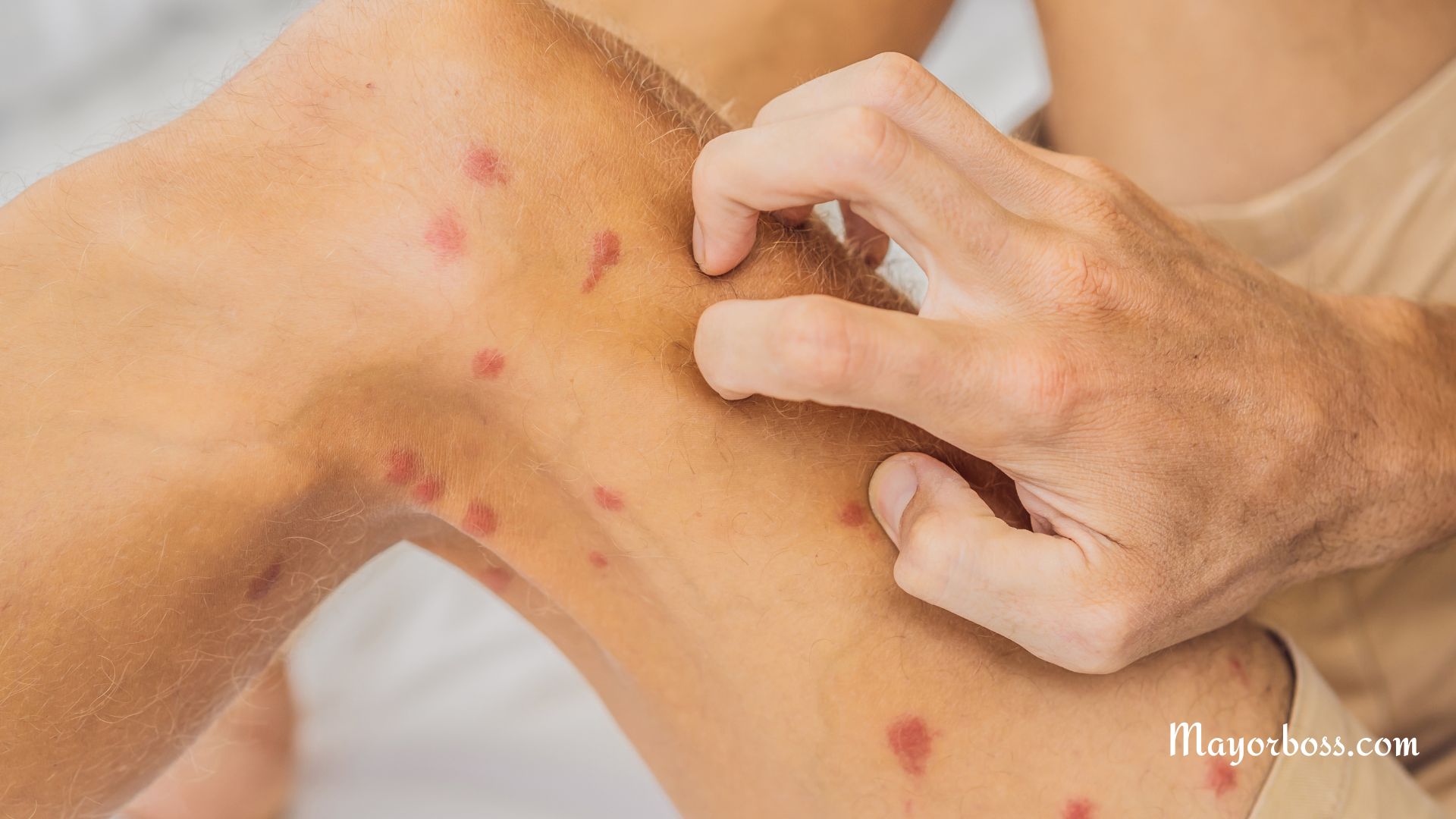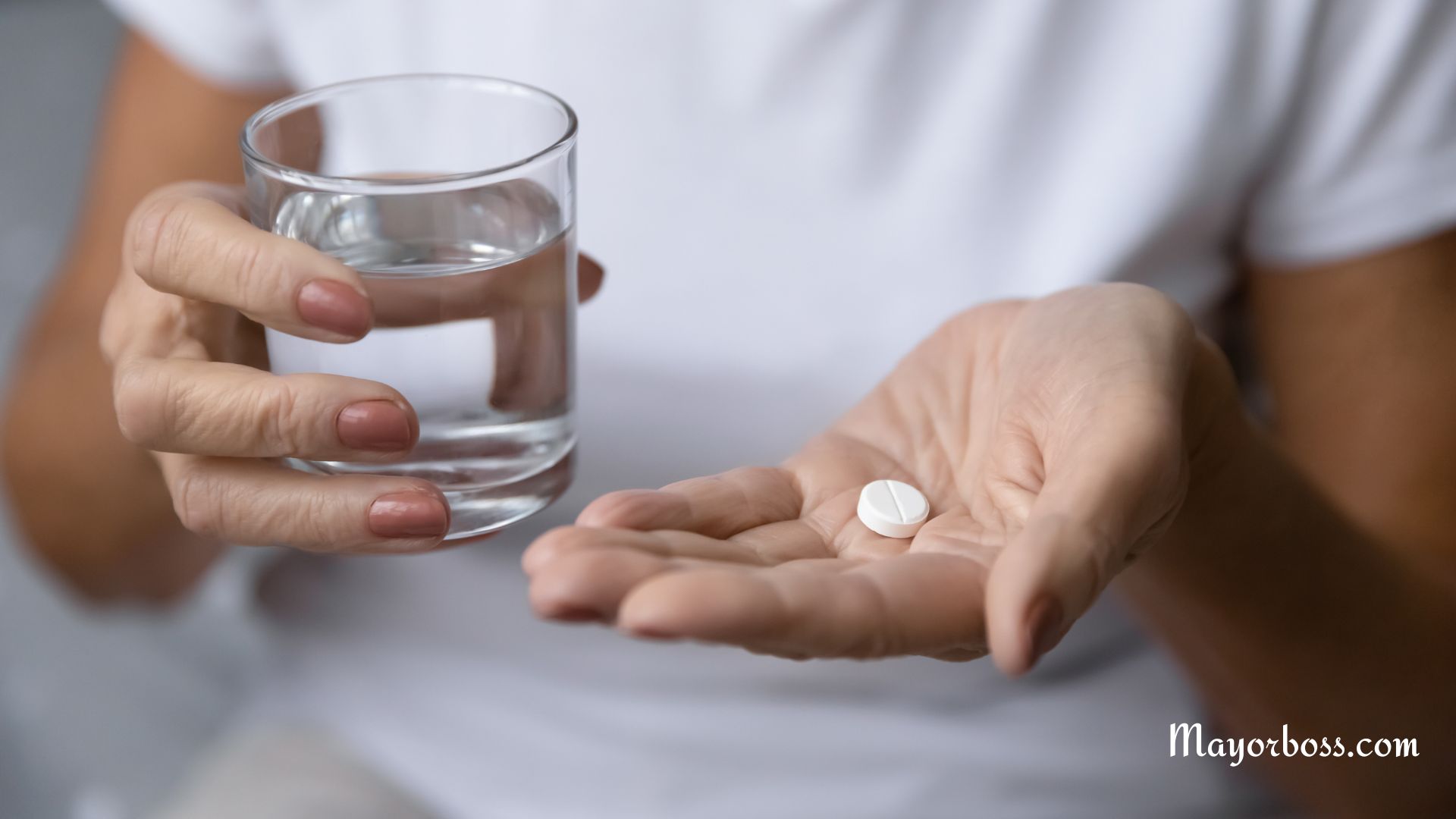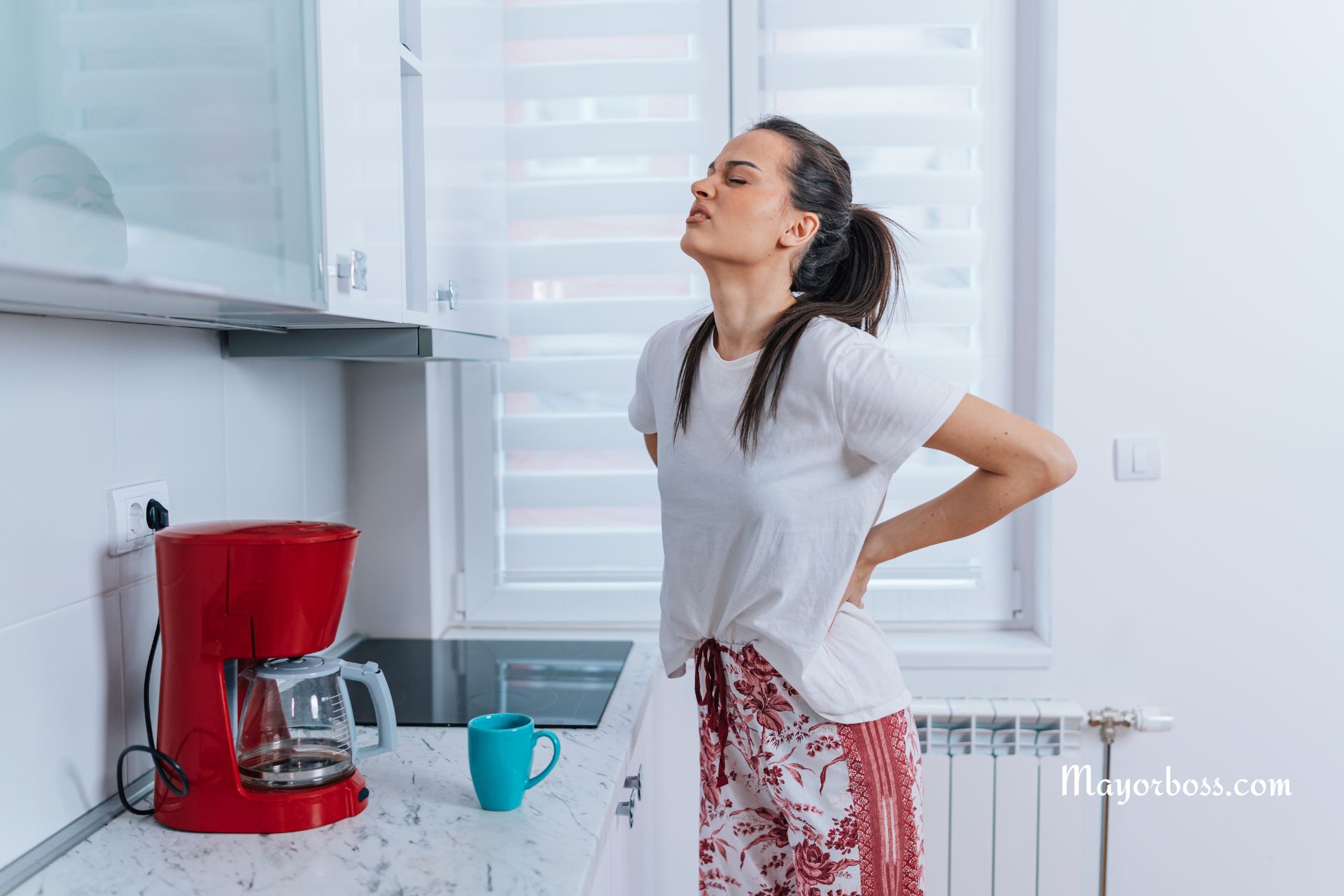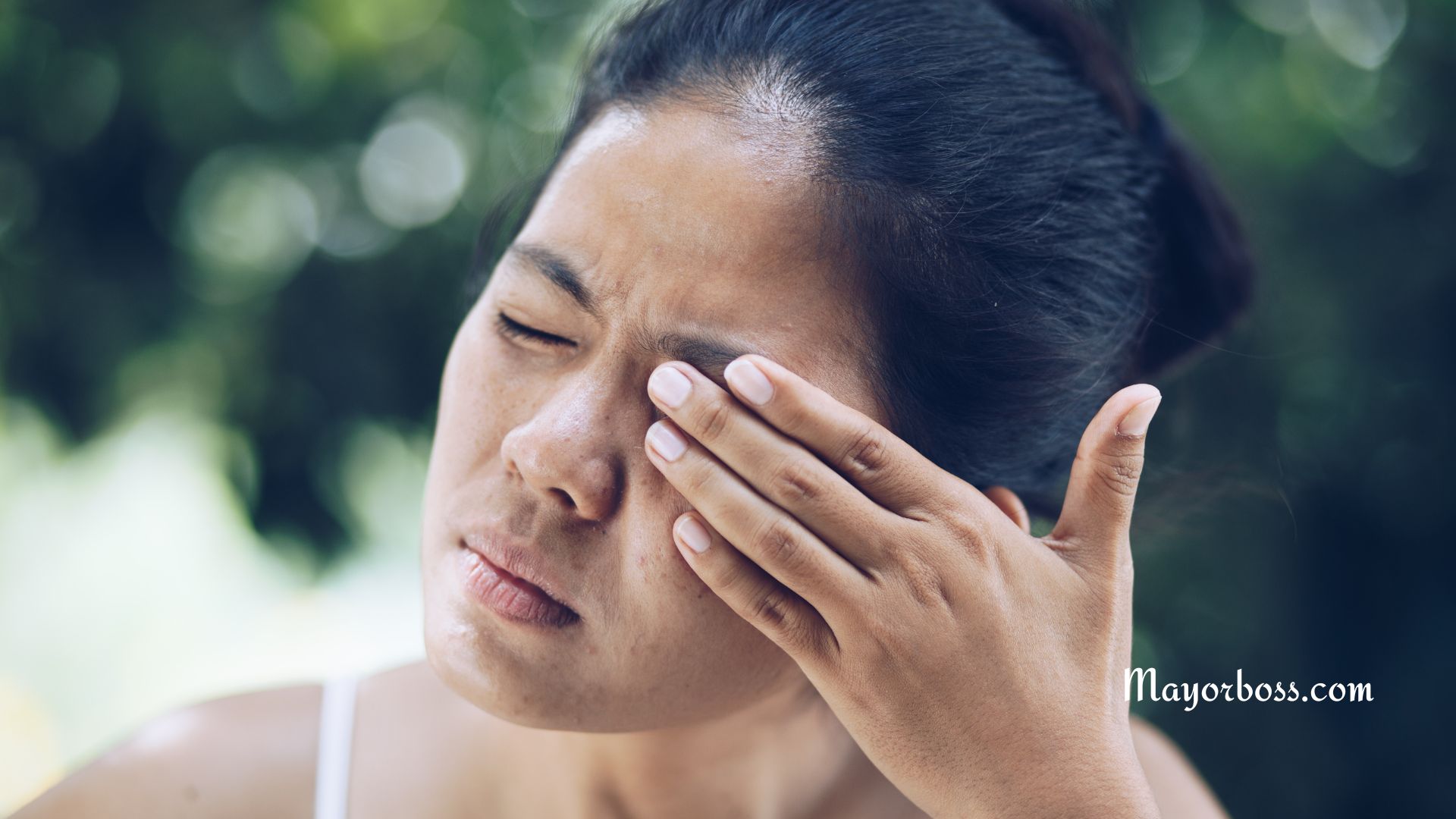Flea Bites: What You Need to Know
Flea bites are small, itchy bumps that usually appear after a flea has feasted on your blood. These bites can happen to both humans and pets, causing discomfort and sometimes leading to complications. In this article, we’ll explore what flea bites look like, why they itch, and how you can treat and prevent them effectively.

What Do Flea Bites Look Like?
When you get bitten by a flea, you’ll typically notice small, red bumps on your skin. These bumps often appear in groups or clusters and can have a red “halo” around them. They’re most common on the legs and feet but can also appear on other parts of the body.
On Humans
For humans, flea bites are usually found on the lower half of the body. They might look like mosquito bites but tend to be smaller and itchier.
On Pets
If you notice your pet scratching more than usual, it’s a good idea to check for flea bites. On pets, flea bites usually appear as tiny, dark red spots. They’re often found around the pet’s neck, belly, and tail area.
Why Do Flea Bites Itch?
You might wonder why such small bites can cause so much discomfort. Well, when a flea bites you, it injects saliva into your skin. Your immune system reacts to the saliva, and that causes itching and inflammation. In short, it’s your body’s way of fighting off what it sees as an “intruder.”
Allergic Reactions
Some people might experience an allergic reaction to flea bites, which can make the itching more intense. In severe cases, you may develop hives or a rash. If you notice any of these symptoms, it’s important to consult a healthcare professional.
How to Treat Flea Bites
Although flea bites are usually not serious, they can be extremely annoying. Here’s how you can find relief:
Over-the-Counter Creams
Applying an over-the-counter hydrocortisone cream can help reduce itching and inflammation. Make sure to read the instructions on the packaging and consult your healthcare provider if you have any concerns.
Cold Compress
Using a cold compress on the affected area can numb the skin and relieve itching temporarily. Just wrap some ice in a cloth and press it against the bites for a few minutes.
Home Remedies
Natural remedies like aloe vera and tea tree oil can also offer some relief. However, these options may not be suitable for everyone. Always test a small area of your skin first to ensure you don’t have an allergic reaction.
Preventing Future Flea Bites
So you’ve treated your current flea bites, but how can you prevent future ones? Prevention is indeed better than cure. Here are some strategies to keep those pesky fleas at bay:
Keep Your Home Clean
Regular vacuuming can remove fleas and their eggs from your carpets and upholstery. Additionally, wash your pet’s bedding and toys frequently.
Use Flea Treatments on Pets
If you have pets, make sure they’re treated for fleas. There are many effective treatments, such as pills, topical creams, and even flea collars. Consult your veterinarian for the best option for your pet.
Protect Yourself
If you’re going to be in an area where fleas are common, like hiking trails or wooded areas, wear long sleeves and pants to minimize skin exposure.
Frequently Asked Questions
What Should I Do If I Have an Allergic Reaction to Flea Bites?
If you notice severe symptoms like hives, swelling, or difficulty breathing, it’s crucial to seek immediate medical attention. For milder allergic reactions, antihistamines can help relieve symptoms. Always consult a healthcare provider for a proper diagnosis and treatment plan.
Can Flea Bites Transmit Diseases?
Fleas can carry bacteria and parasites, but the risk of disease transmission to humans is generally low. However, fleas can transmit tapeworms to pets and, in rare cases, humans. So, it’s still important to treat and prevent flea infestations to protect both you and your pets.
How Long Do Flea Bites Last?
The duration of flea bite symptoms can vary from person to person. Generally, the itching and redness will subside within a few days to a week. If the itching persists or if you notice signs of infection like increased redness, swelling, or pus, consult a healthcare provider.
Are There Any Effective Natural Remedies for Flea Bites?
Indeed, some natural remedies can offer relief from the itching and discomfort caused by flea bites. Aloe vera is known for its soothing properties, and applying the gel directly on the bites can help. Similarly, tea tree oil has antiseptic qualities but should be diluted before application to avoid skin irritation. Always do a patch test first to make sure you’re not allergic to these natural remedies.
How Can I Keep Fleas Out of My Home?
Maintaining a clean environment is key to keeping fleas at bay. Vacuum your home frequently, focusing on areas where your pets spend the most time. Use pet-friendly flea repellents on carpets and upholstery. Washing pet bedding in hot water weekly can also help eliminate fleas. For a more robust approach, consider hiring a professional pest control service to treat your home.
Further Reading: Sand Flea Bites: What You Need to Know






